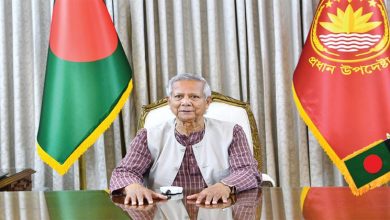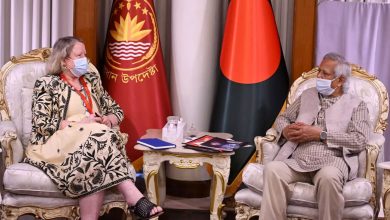Tk1,288cr to battle mosquito
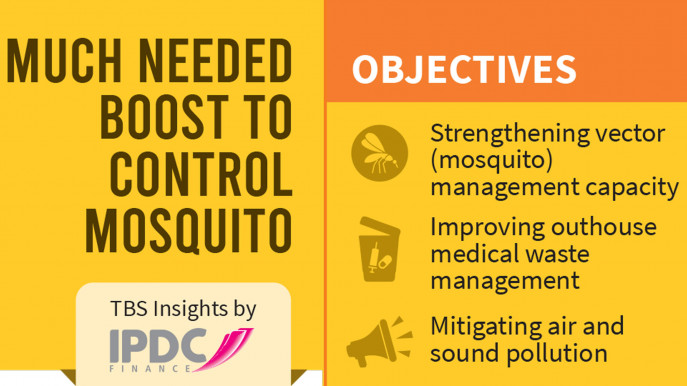
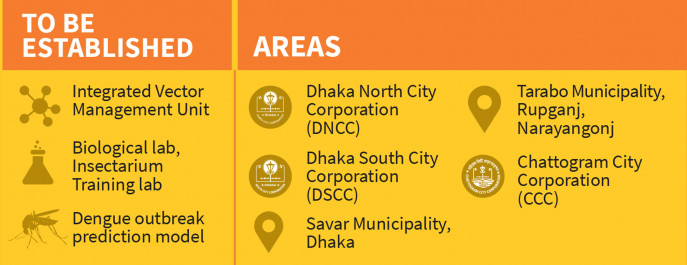
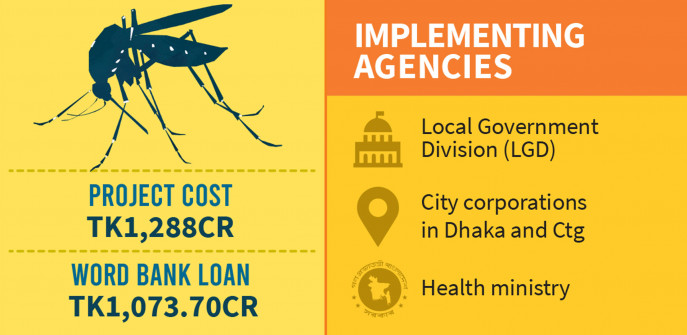
In the wake of yet another dengue outbreak this year, the government has initiated a substantial Tk1,288 crore project to control mosquito population and create a dengue outbreak prediction model.
The project will be implemented in the Dhaka South City Corporation (DSCC), Dhaka North City Corporation (DNCC) and its adjacent two municipalities, Savar and Tarabo, as well as in the Chattogram City Corporation (CCC).
Of the total cost, the World Bank will lend Tk1,073.70 crore for this project. The project proposal has already been sent to the Planning Commission for approval last week.
The project has been initiated at a time when the country is facing a severe dengue outbreak this year with 167 fatalities as of 22 July Saturday morning .
The Directorate General of Health Services (DGHS) reported 30,685 dengue cases and 23,862 recoveries this year till Saturday morning.
Earlier, the country logged 281 dengue deaths in 2022 – the highest on record after 179 deaths recorded in 2019.
According to the Development Project Proposal (DPP) of the project, the Local Government Division (LGD) will set up an Integrated Vector Management Unit (IVMU) at the Dhaka Mosquito Control Office and establish one central Biological (entomology) Lab for identifying Aedes mosquitoes – carriers of the dengue virus.
The IVMU is a decision-making process for the management of vector populations, so as to reduce or interrupt transmission of vector-borne diseases including dengue and chikungunya. The unit typically includes entomologists, epidemiologists, public health experts, and community engagement specialists.
As per the document, the LGD will develop and establish a dengue outbreak prediction model – an early warning system – including a link with the meteorological department.
Officials said dengue transmission is related to climate. A met office link with vector management initiatives could help predict whether mosquito-borne diseases will increase.
The LGD will conduct mosquito surveys throughout the year under the IVMU.
LGD officials said conducting regular mosquito surveys will provide valuable insights into the potential increase in mosquito-borne diseases, enabling relevant institutions, including the city corporations and the health department, to proactively prepare for any potential outbreaks.
Under the project, the LGD will also install a Reverse Transcriptase-Polymerase Chain Reaction (RT-PCR) device in the biological lab for dengue detection and establish an insectarium for keeping vectors (mosquitoes), especially Aedes aegypti, alive for detecting dengue.
Female Aedes mosquitoes, Aedes aegypti group, are responsible for spreading dengue or chikungunya to human beings.
Dr Kabirul Bashar, professor of zoology at Jahangirnagar University, told The Business Standard that integrated vector management is a commendable step for mosquito control.
“We have been recommending such initiatives for a long time to tackle not only dengue but also other mosquito-borne diseases. The success of this project will be greatly enhanced if it is spearheaded by individuals with expertise in mosquito control,” he said.
The LGD will implement the project, titled “Improvement of Urban Public Health Preventives Services Project” within 30 June 2028.
After approval, the target expenditure under the project is Tk251.55 crore in the current financial year itself.
Dr Sarwar Bari, director general of the Local Government Division, said the project will be executed in two phases. The LGD will implement a section of the project funded by the World Bank. The city corporations will also participate in implementing the project. This part of the project will primarily focus on executing various mosquito control initiatives.
Meanwhile, the Ministry of Health will implement another part of the project related to the health aspects, and the proposal for this part is currently under preparation, he said.
LGD officials said the World Bank has intended to finance the project. The technical mission of the agency is working with an aide-memoire on which a meeting was held 16 May 2023 with the chair of the secretary of LGD.
Dengue is not the only aspect to consider. Another goal of the project is research on chikungunya, alongside innovative techniques measures against infectious diseases spread by mosquitoes, they said.
Other initiatives under the project
Under the project, several other key initiatives will be undertaken, including the establishment of a training lab at the Dhaka Mosquito Control Office and the implementation of awareness programs focused on mosquito control.
National guidelines will be developed, and essential resources such as larvicides, adulticides, and equipment for spray and fogging will be procured to effectively manage the mosquito population under the Integrated Vector Management Unit (IVMU).
Additionally, the project aims to create Standards Operating Procedures (SOPs) for managing medical waste in households, with the involvement of service providers through Public-Private Partnerships (PPP) or contractual arrangements.
Furthermore, the project will facilitate the conversion of open fields, playgrounds, parks, and footpaths into spaces for walking, physical exercise, and recreation to enhance public health conditions.
Public health labs will be established, including a food testing lab, to ensure the safety and quality of consumables.
Moreover, awareness programmes will be conducted to address issues related to air and sound pollution and to educate communities on the impact of climate change on human health.
Dengue now a threat throughout the year
In the past the dengue incidence was reported in June–July but now it is occurring round the year. The experts explain this dengue prevalence as a result of climate change.
At present all divisions of the country are reporting dengue cases including related deaths.
Dr M Mushtaq Hussain, public health expert and adviser at the Institute of Epidemiology, Disease Control, and Research (IEDCR), said that various mosquito-borne diseases, including dengue, are on the rise due to unplanned and rapid urbanisation, dense population, and unsanitary environments in both villages and cities.
He said there has been no pause in dengue outbreak between 2022 and 2023, with dengue patients being detected throughout the year.
In addition to dengue, diseases such as chikungunya, malaria, and others are also witnessing an increase in cases. Vector management is essential to prevent these vector-borne diseases. Besides, people should also be involved in dealing with public health issues, said Dr Hussain.


